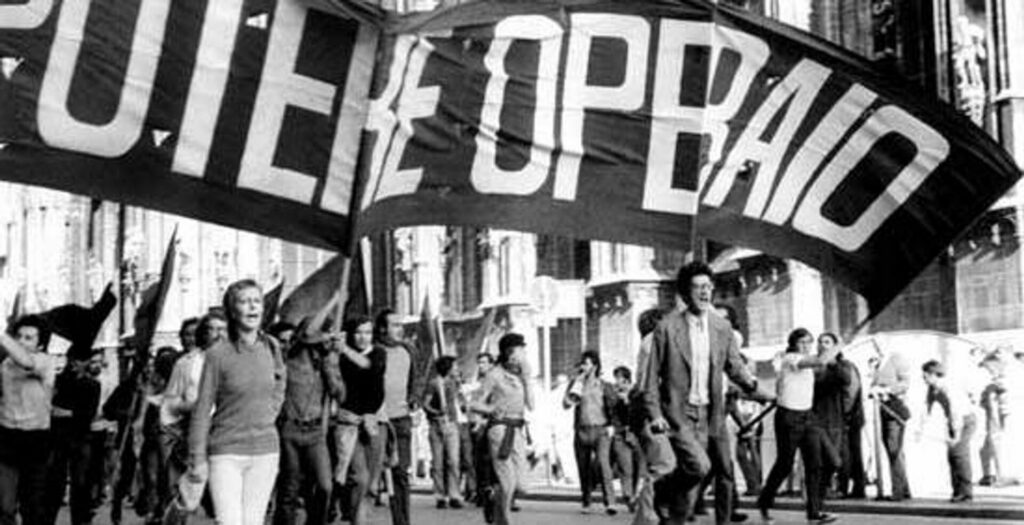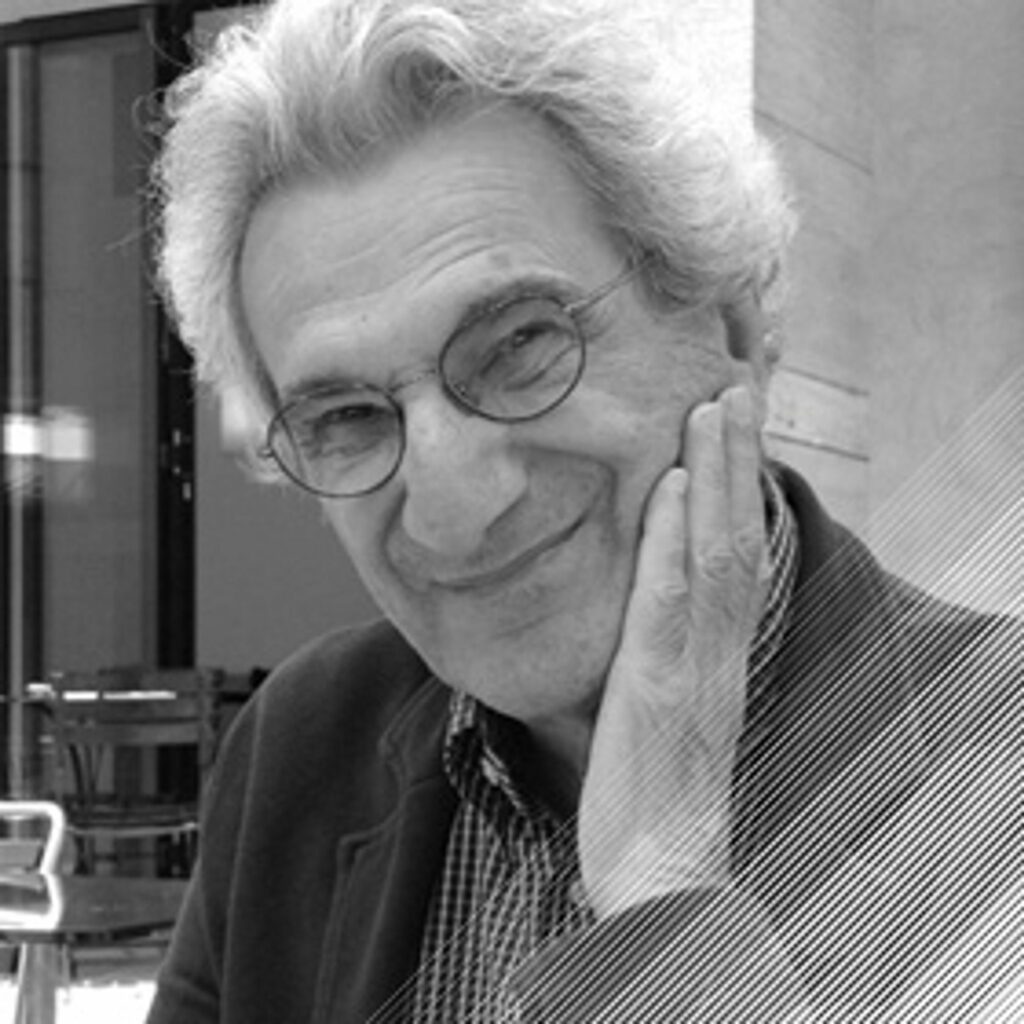Today Antonio Negri passed away

Earlier today Antonio Negri passed away at the age of 90. Negri was one of the most influential radical political theorists of the post-War generation, and he arguably shaped the political world view of at least two generations of activists and theorists on the anti-authoritarian Left.
Negri was born in 1933 in Padua and joined a progressive Roman Catholic youth movement as a teenager. In 1956 he joined the Italian Socialist Party. He became professor of State Theory at a young age and was one of the main figures in the Operaismo movement that emerged in Italy in the 1960s. One key feature of Operaismo is the insight that the proletariat is in fact on the active and initiating side of class struggle. Capital, on the other hand, is largely responsive and must continuously seek to gain control over the political and productive potential of the working class.
De Nederlandstalige versie lees je hier.
Operaismo and Negri’s theoretical work eventually gave rise to another heterodox Marxist movement: Autonomia. This movement promoted workers’ self-organisation outside of the centralised party structure and the electoral-representative institutions of the capitalist state.
This autonomist movement was highly influential in Italy and beyond, and was perceived to pose a serious threat to Capital and the state. In 1979 he was arrested and charged for his alleged involvement with the Red Brigades (an urban guerrilla group). But he had nothing to do with them.

In prison Negri wrote several books, including “The Savage Anomaly”. Based on a radical reading of Spinoza, he draws a conceptual distinction between two forms of power: potentia, a popular power that spontaneously emerges from below; and potestas, or a repressive power that is imposed from above. In 1983 Negri was elected to Parliament. This granted him parliamentary immunity and so Negri was released from prison and used this opportunity to escape to Paris, where he continued his impressive academic career. After his sentence was reduced, he returned to the Italian prison in 1997.
In the late 1990s and early 2000s Negri wrote a number of books that again had significant political impact. Most notably was his collaboration with Michael Hardt. Their books “Empire” (2000) and “Multitude” (2004) are generally considered to have had great impact on the alter-globalist movement.
In line with Negri’s distinction between potentia and potestas, Hardt and Negri argue that the capitalist order no longer relies on territorial nation-states and material production. Automation and digitization have given risen to Empire: a globalised network of relations of power and control. This Empire is continuously resisted by Multitude: an, equally networked, whole of social relations, communicative practices and forms of resistance. Echoing key ideas from Operaismo and Autonomia, Hardt and Negri argue that Empire is merely responsive to Multitude and its productive potential.

In response to the Occupy/Assembly movements that emerged in 2011, Hardt and Negri wrote two more books: “Declaration” (2012) and “Assembly” (2017), in which they draw more (self-)critical lessons about the role of leadership, representation and formal organisation for the anti-capitalist Left.
If you want to read more about Negri and his relevance for political activism and social movements today, here are two articles that I wrote. In this piece I compare Negri’s later work with the early writings of the 19th century anarchist Mikhail Bakunin.
And here I compare Negri’s concept of “potentia” with John Holloway’s “power-to”, and apply both in a discussion of “the common(s)’ and its relation to contemporary protest movements
Mathijs van de Sande
(This article appeared first as a thread on Todon.)

Dat doet me plezier. Een mooi en welverdiend In memoriam voor kameraad Negri.